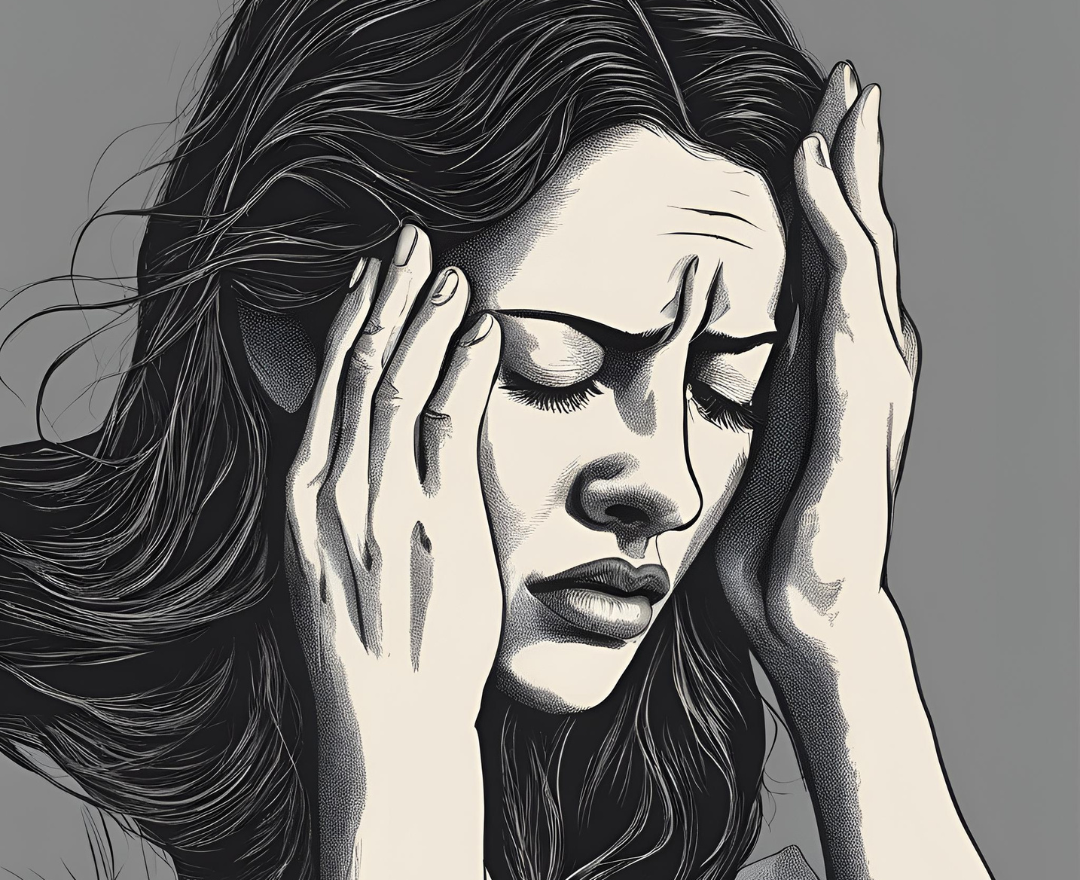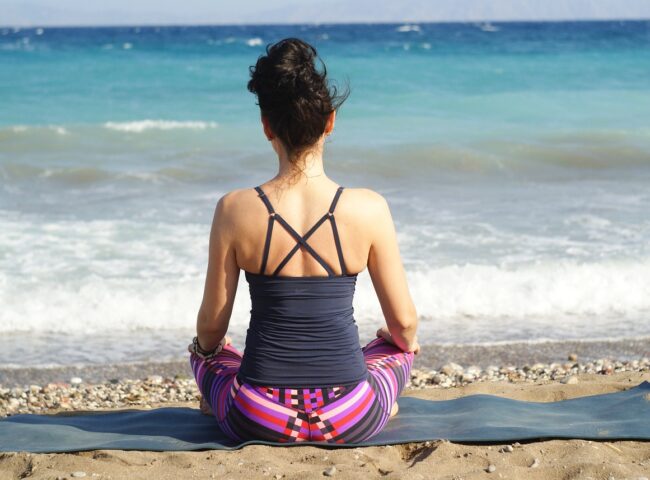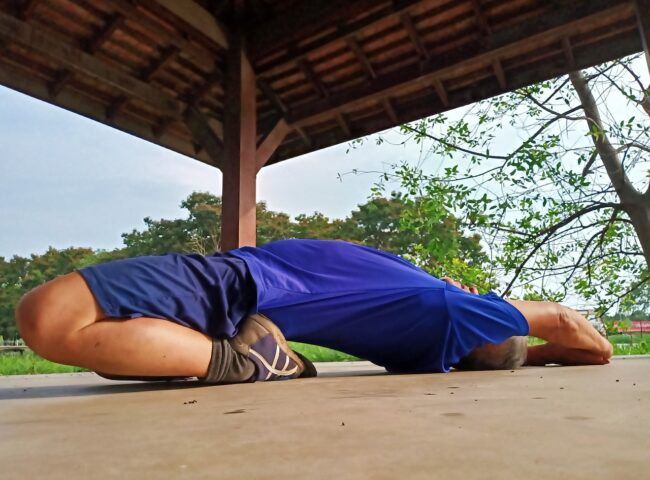Headaches are a common ailment that affects millions of people worldwide. While the causes can vary from stress and dehydration to more serious medical conditions, there are several effective ways to alleviate the pain. Here are some expert tips and home remedies to help you get rid of a headache:
1. Hydrate Yourself
Dehydration is a common cause of headaches. Drinking plenty of water throughout the day can help prevent headaches. If you already have a headache, drinking water might help reduce its intensity.
2. Rest in a Quiet, Dark Room
Bright lights and loud noises can exacerbate a headache. Resting in a quiet, dark room can provide relief, especially for those suffering from migraines.
3. Apply a Cold or Warm Compress
A cold compress can reduce inflammation and numb the area, providing relief. On the other hand, a warm compress can relax tense muscles. Experiment with both to see which works better for your headache type.
4. Practice Relaxation Techniques
Stress is a major trigger for headaches. Techniques such as deep breathing, meditation, and progressive muscle relaxation can help reduce stress and alleviate headache symptoms.
5. Use Over-the-Counter Pain Relievers
Medications like ibuprofen, acetaminophen, or aspirin can be effective in relieving headache pain. Always follow the recommended dosage and consult with a healthcare professional if you have any concerns.

6. Maintain a Regular Sleep Schedule
Lack of sleep or irregular sleep patterns can trigger headaches. Aim for 7-9 hours of quality sleep each night and maintain a consistent sleep schedule.
7. Limit Caffeine Intake
While small amounts of caffeine can relieve headaches for some people, excessive consumption can lead to rebound headaches. Monitor your intake and avoid excessive caffeine.
8. Massage and Stretching
Gently massaging your neck, temples, and shoulders can help reduce tension and improve blood circulation, potentially easing headache pain. Stretching exercises can also alleviate tension headaches.
9. Consider Aromatherapy
Essential oils such as peppermint, lavender, and eucalyptus have been found to have headache-relieving properties. Inhaling these scents or applying diluted oils to your temples can provide relief.
10. Seek Professional Help for Chronic Headaches
If you experience frequent or severe headaches, it’s important to consult with a healthcare professional. They can help identify underlying causes and recommend appropriate treatments.
By incorporating these strategies into your routine, you can effectively manage and reduce the occurrence of headaches. Remember that individual responses to treatments can vary, so it may take some trial and error to find what works best for you.
Frequently Asked Questions (FAQs) About Headaches
Q: What are the most common types of headaches?
A: The most common types include tension headaches, migraines, and cluster headaches. Each type has distinct symptoms and triggers.
Q: When should I seek medical attention for a headache?
A: Seek medical help if you experience severe headaches that are sudden or unusual, headaches accompanied by fever, confusion, or neurological symptoms like numbness or difficulty speaking.
Q: Can stress cause headaches?
A: Yes, stress is a major trigger for tension headaches and migraines. Managing stress through relaxation techniques and lifestyle changes can help reduce headache frequency.
Q: How does hydration affect headaches?
A: Dehydration can trigger headaches in some individuals. Drinking enough water throughout the day is important for overall health and can help prevent headaches.
Q: What role does sleep play in preventing headaches?
A: Irregular sleep patterns or lack of sleep can trigger headaches. Maintaining a consistent sleep schedule and ensuring adequate sleep duration can help prevent headaches.
Q: Are there natural remedies for headaches?
A: Yes, several natural remedies can help alleviate headache symptoms, including hydration, relaxation techniques, aromatherapy with essential oils, and applying cold or warm compresses.
Q: Can diet affect headaches?
A: Yes, certain foods and beverages, such as alcohol, caffeine, and foods containing tyramine (like aged cheeses and processed meats), can trigger headaches in some individuals. Keeping a food diary can help identify triggers.
Q: What medications are commonly used to treat headaches?
A: Over-the-counter pain relievers such as ibuprofen, acetaminophen, and aspirin are commonly used to relieve headache pain. Always follow dosage instructions and consult with a healthcare professional if you have concerns.
Q: How can I prevent migraines?
A: Preventive measures for migraines include identifying and avoiding triggers, maintaining a regular sleep schedule, managing stress through relaxation techniques, and sometimes prescription medications recommended by a healthcare provider.
Q: What should I do if over-the-counter medications don’t relieve my headaches?
A: If over-the-counter medications are ineffective, or if you experience frequent or severe headaches, consult with a healthcare professional. They can assess your symptoms, recommend appropriate treatments, or refer you to a specialist if needed.
Q: Can exercise help reduce headaches?
A: Regular physical activity can help reduce the frequency and intensity of headaches for some people. However, intense or vigorous exercise may trigger headaches in others. Finding a balance that works for you is key.







Leave feedback about this